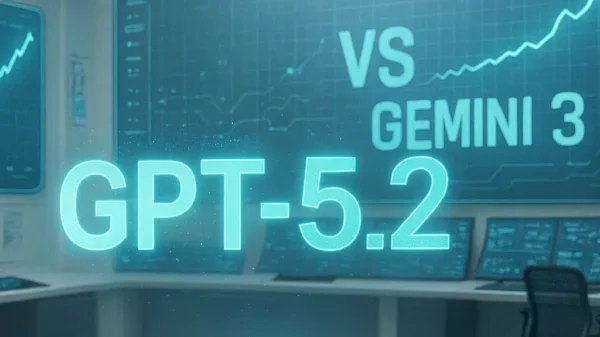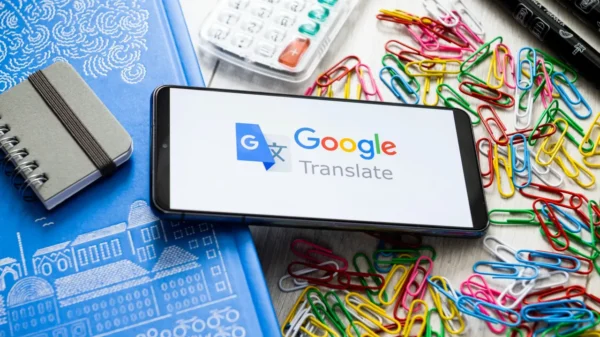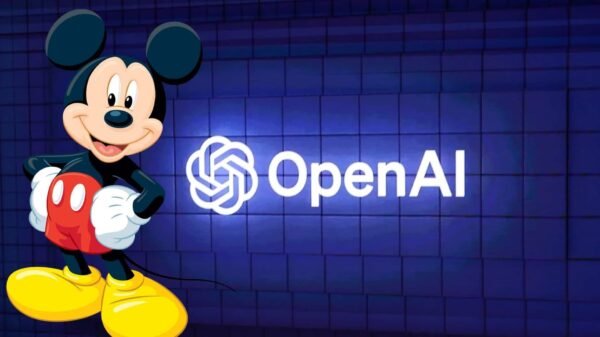The European Commission said on Thursday that Alphabet’s (GOOGL.O) YouTube and TikTok have been given until November 30 to respond to an information request from the EU over how they shield minors from dangerous and unlawful content.
The Digital Services Act is the bloc’s new Big Tech regulation, and the Commission is seeking further details on the corporations’ steps to strengthen their efforts to safeguard children.
Google or TikTok did not immediately respond to a request for comments. According to Reuters on Wednesday, Thierry Breton, the EU Industry Chief, was in charge of planning the action.
Days prior, Breton had instructed TikTok CEO Shou Zi Chew to try to combat misinformation on the site, which China’s ByteDance runs, and now the information request has arrived.
Breton also recently warned Sundar Pichai, CEO of Alphabet, of the company’s responsibility to safeguard minors. Businesses that violate the DSA might be fined up to 6% of their global revenue.
The Commission stated, “The Commission will assess next steps based on the assessment of the replies.”
The European Union could also anticipate that YouTube will disclose any instructional programs designed to encourage responsible online conduct among its younger viewership. The overall success of kid protection measures is significantly increased by proactive user education on digital literacy and online safety.
Short-form video platform TikTok is expected to come under fire for how strict its content control guidelines are. The EU directive may force TikTok to give clear information about how it determines and deletes inappropriate content for minors, protecting the safety of its younger user base while they browse.
Apart from content monitoring, the order could also force TikTok to clarify its policies regarding the privacy of its younger users. Two of the most essential parts of kid safety on digital platforms are limiting interactions that can jeopardize privacy and protecting personal information.
The EU’s order to TikTok and YouTube establishes a global norm for kid safety on digital media. As significant participants in the IT sector, adherence to EU laws may encourage these platforms to take comparable actions globally, promoting a safer online environment for kids everywhere.
Respecting the EU directive is essential to YouTube and TikTok, complying with legal obligations, and preserving user confidence. User happiness and trust will likely increase on platforms that actively adopt strong kid safety measures and communicate openly.
The EU’s rule, which mandates that YouTube and TikTok reveal their kid safety policies by November 30, is a big step in the right direction for protecting young people online. Given the possible influence on future regulatory frameworks and the changing picture of child safety on digital platforms, the entire tech sector will keenly monitor these platforms’ responses to the requirement.

















































